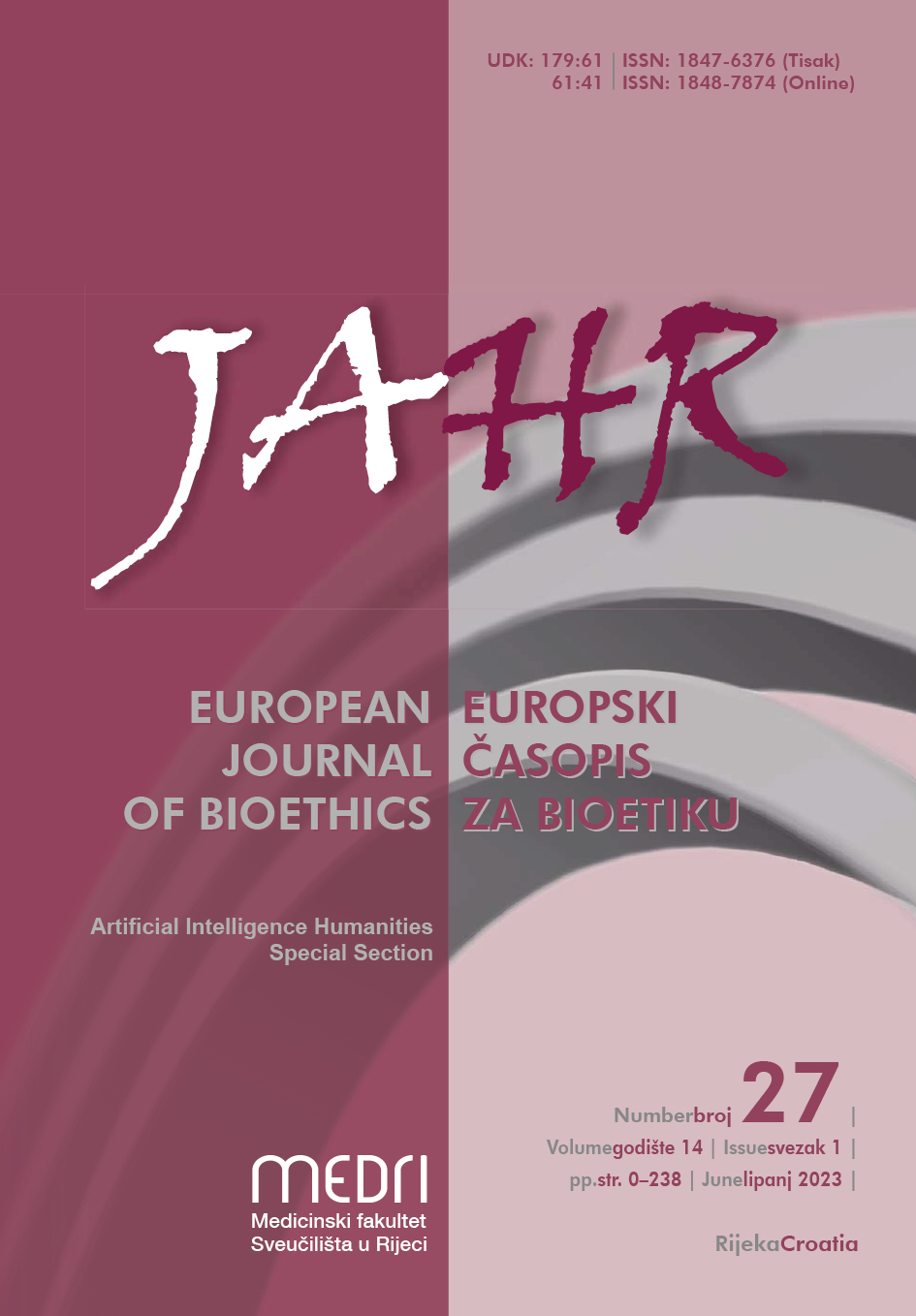Ethical Aspects of the Assisted Biomedical Reproductive System with Special Attention to the Legislation of the Republic of Srpska
Keywords:
process of biomedical-assisted reproduction, ethics of assisted reproductive technologies, children’s rights, presumption of motherhood, ethics of parenthood, bioethicsAbstract
https://doi.org/10.21860/j.14.1.4
The achievements of modern medicine have expanded the range of controversial situations in doctrine and the practice of Family Law. A special ethical issue is concerned with parenthood as a result of assisted reproductive technologies. Many questions arise from this problem, such as the issue of who has the right to achieve parenthood through biomedical-assisted fertilization. Another important ethical question is: “Do children born this way have the right to know their biological origin?” Ultimately, the final question is whether biological and sociological parenting can be reconciled. How can this contradiction be resolved? The authors will try to give possible solutions to the mentioned problems considering solutions from comparative law and the needs of the current situation. All proposals de lege ferenda are given from the perspective of solutions and shortcomings of the family and reproductive legislation of the Republic of Srpska.
Downloads
Published
Issue
Section
License
Authors who publish with this journal agree to the following terms:
- Authors retain copyright and grant the journal right of first publication with the work simultaneously licensed under a Creative Commons Attribution License that allows others to share the work with an acknowledgement of the work's authorship and initial publication in this journal.
- Authors are able to enter into separate, additional contractual arrangements for the non-exclusive distribution of the journal's published version of the work (e.g., post it to an institutional repository or publish it in a book), with an acknowledgement of its initial publication in this journal.
- Authors are permitted and encouraged to post their work online (e.g., in institutional repositories or on their website) prior to and during the submission process, as it can lead to productive exchanges, as well as earlier and greater citation of published work (See The Effect of Open Access).



